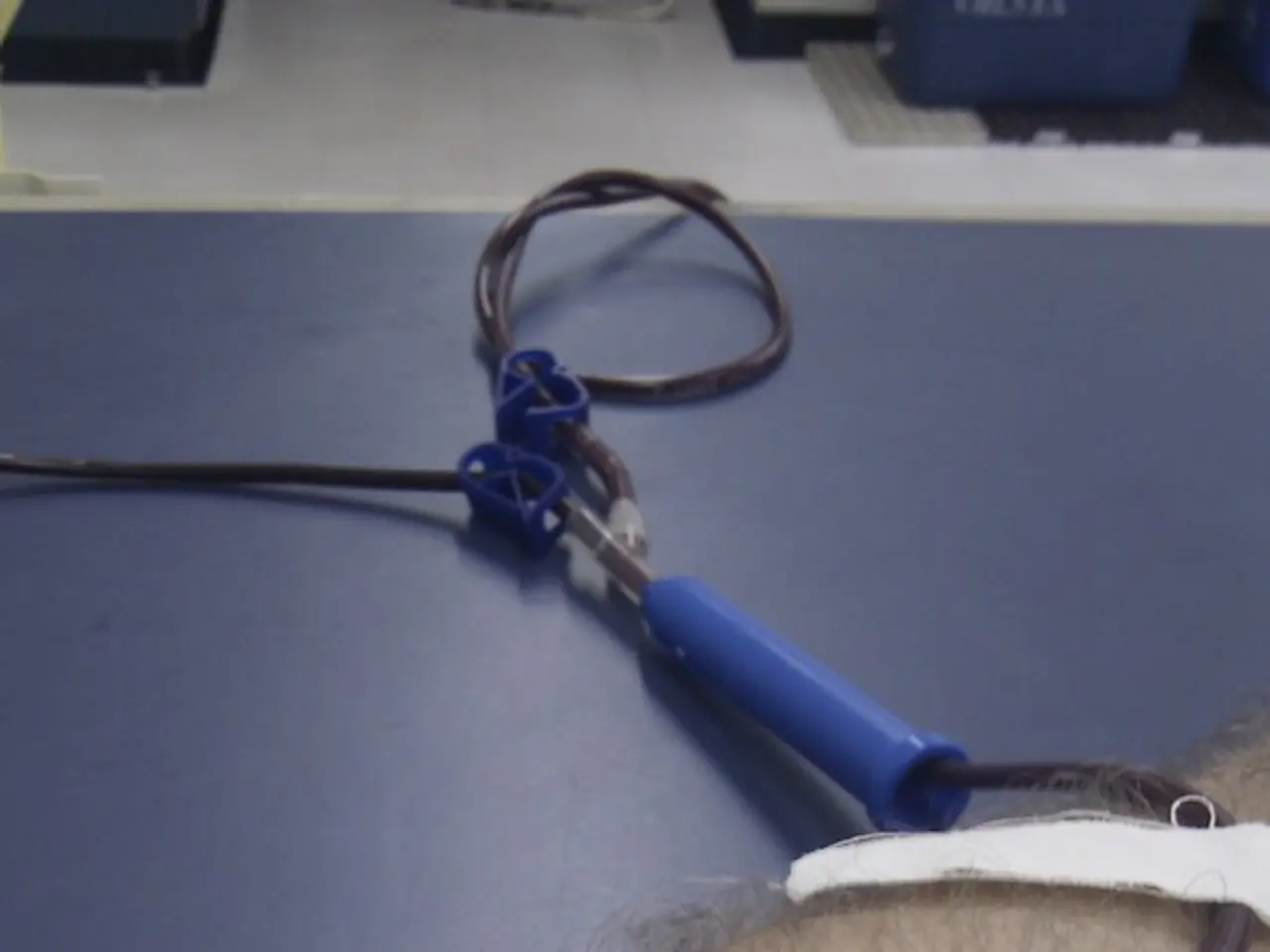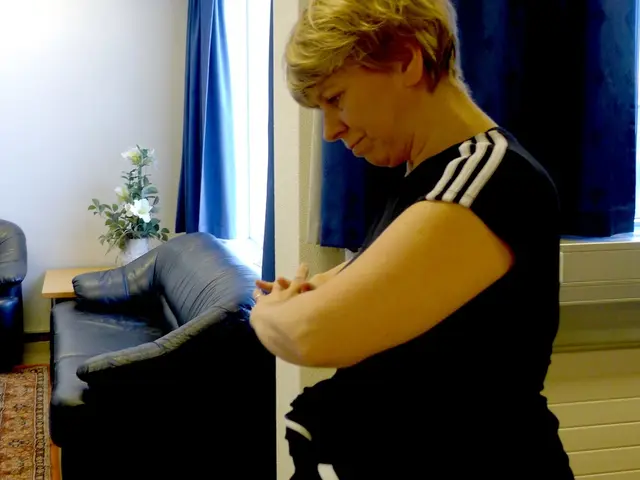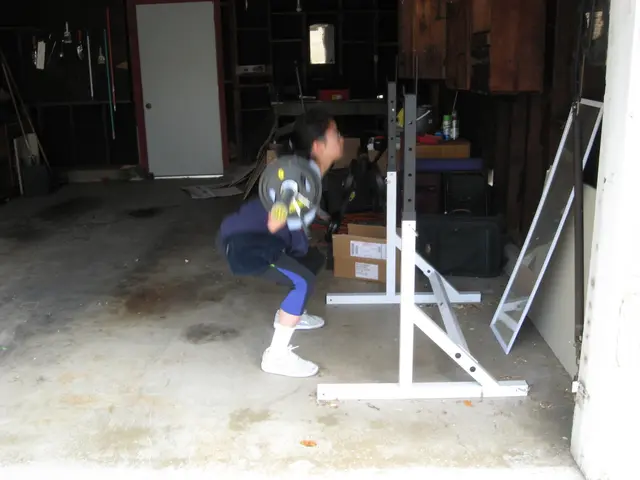Treatment innovation promises relief from dialysis discomfort
A groundbreaking study has revealed that a psychological approach called Pain Coping Skills Training (PCST) offers significant benefits for managing chronic pain in dialysis patients. The therapy, which involves one-on-one virtual sessions led by a coach over a 12-week period, has been found to provide durable, moderate improvements in pain management, quality of life, mood, and anxiety for those undergoing dialysis.
The research, funded by the National Institutes of Health, involved 643 adults with chronic pain who were undergoing dialysis. The study, published in 2025, compared the effects of PCST to usual care.
The findings showed that the therapy's positive effects last more than double the training period. More than half of the participants in the intervention group reported a noticeable decrease in how pain interfered with their daily lives after the 12-week training period, while just over a third of those in the usual care group reported similar improvements.
The therapy's benefits are particularly evident when supported through remote health coach-led or online platforms. Continued support options often include health coach-led telephone or videoconferencing sessions and self-completed online programs, which facilitate scalability and ongoing patient engagement.
Health coach-guided sessions maintain interpersonal support, which enhances adherence and efficacy, while online self-completed programs offer flexible access but with somewhat reduced impact. These options provide ongoing skills reinforcement essential for chronic pain management in medically complex populations like those on dialysis.
The study offers hope for effective and practical pain management without drugs for dialysis patients. Chronic pain is a common issue for those with dialysis-dependent kidney failure, and effective treatments remain limited.
Furthermore, the therapy shows additional benefits beyond just pain management. Participants also reported less severe pain, improved mood, reduced anxiety, and a better overall quality of life.
Researchers are investigating ways to extend the positive effects of the training and make it more accessible. Additional support for long-term management includes complementary interventions like intradialytic exercise programs to improve physical functioning and reduce fear of movement, which may synergize with psychological coping skills to enhance overall well-being in dialysis patients.
Education and peer mentorship programs also contribute to sustained patient engagement and empowerment, which are crucial for chronic disease self-management. The study suggests PCST as a viable addition to existing treatments.
In sum, PCST provides durable, moderate improvements in chronic pain management for dialysis patients, especially when supported through remote health coach-led or online platforms. The therapy's benefits are significant, despite being described as modest, and offer a safer, drug-free option for those on long-term dialysis for end-stage kidney disease.
[1] Remote CBT-based PCST programs for chronic pain yielded clinically meaningful reductions in pain severity at 3, 6, and 12 months compared to usual care. [2] Intradialytic exercise programs to improve physical functioning and reduce fear of movement may synergize with psychological coping skills to enhance overall well-being in dialysis patients. [3] Education and peer mentorship programs contribute to sustained patient engagement and empowerment, which are crucial for chronic disease self-management. [4] Additional research is being conducted to extend the positive effects of the training and make it more accessible.
- The study indicates that Remote CBT-based PCST programs for managing chronic pain can provide clinically meaningful reductions in pain severity, lasting up to 12 months, offering a potential alternative to usual care for dialysis patients with chronic medical conditions.
- Intradialytic exercise programs, which aim to improve physical functioning and reduce fear of movement, could potentially synergize with psychological coping skills training (PCST) to enhance overall well-being in dialysis patients, providing comprehensive therapies-and-treatments for chronic kidney disease.
- Education and peer mentorship programs can foster sustained patient engagement and empowerment, contributing to effective chronic disease self-management, and may complement the benefits of PCST and other mental-health interventions for dialysis patients.




